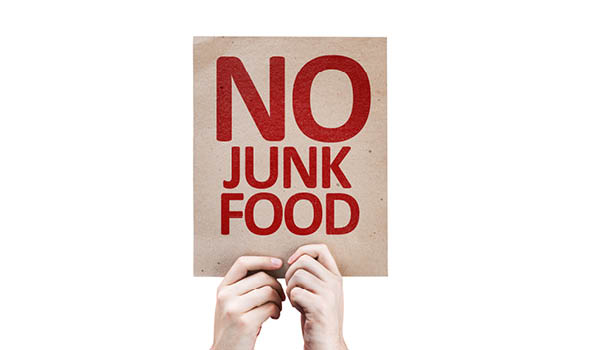The Obesity Policy Coalition (OBC) is calling on the Federal Government to reduce children’s exposure to unhealthy food marketing and minimise the influence of food advertising following the release of its new report, ‘End the Charade!’.
The OPC is a partnership between Diabetes Victoria, Cancer Council Victoria and the World Health Organization Collaborating Centre for Obesity Prevention at Deakin University, with funding from VicHealth.
The report aims to highlight the tactics used by the food and advertising industries to target children and claims self-regulation of junk food advertising in Australia is not working. The OPC is now calling on the Australian Communications and Media Authority to monitor and measure children’s exposure to “unhealthy” food advertising on television, adding the Federal Government should introduce comprehensive regulations or, direct broadcasting, advertising and food industries on how to strengthen their existing approaches.
The report claims the system of self regulation in the advertising industry has become worse since the OPC’s initial investigation in 2012, despite widespread concern over soaring rates of overweight and obesity in Australia. Brands including Kellogg’s, Nestle, and Peter’s are among those named in the report for their marketing techniques.
Jane Martin, OPC Executive Manager, said the current self-regulatory approach to food marketing meant the food and advertising industries were free to make, break and rewrite the rules as they saw fit.
“Despite strong growing evidence of the powerful influence food advertising can have on children’s diets, Australia’s already weak system for protecting children from unhealthy food marketing has gone backwards,” Martin said.
“Restricting junk food marketing to children is acknowledged by peak health bodies, including the World Health Organization, as an important and necessary step to help improve children’s diets and slow obesity rates in Australia,” Martin said.
“The food and advertising industries seem to be primarily motivated to merely create an appearance of corporate social responsibility and ward off tighter government regulation.
“It will only be through significant improvements led by government that children’s exposure to this type of marketing will be reduced and their diets and health improved.”

